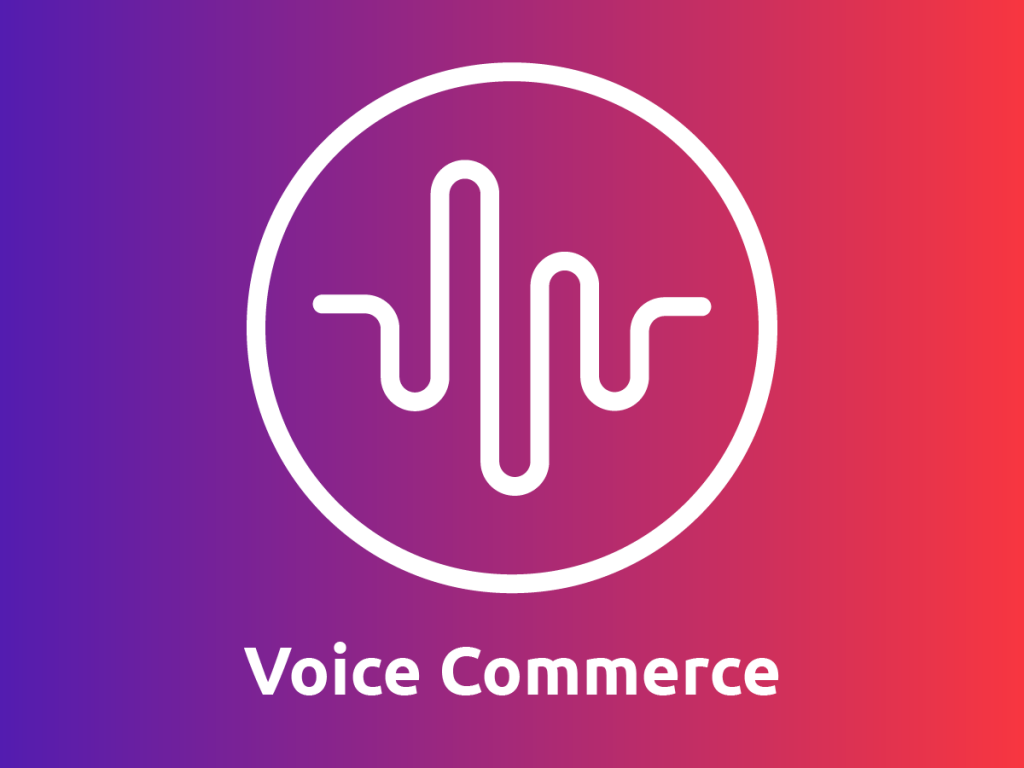Voice commerce rises, legal challenges too
It’s estimated that there will be 21.4 million smart speakers by 2020. Currently, 22% of smart speaker owners in the US have purchased something using their devices. Voice commerce sales reached $1.8 billion last year, with the potential to reach $40 billion in 2022. Voice commerce will also rise in Europe, which leads to the question: What are the legal challenges if you want to use Voice in your e-commerce strategy?
‘Voice’ is basically a new way to interact with your devices, such as Siri (iPhone, Apple TV) and Alexa (Amazon), that apply the technology of voice recognition, instead of typing letters or clicking buttons. For example, you can ask Siri to play the exact movie you want to watch, without getting off your comfortable couch.
Already, 20% of Google searches on mobile devices are voice searches. It’s predicted that by 2020, voice searches will make up 50% of all searches.
The next step is to ask Siri or Alexa to buy products for you. It becomes easier to buy something with just your voice, and maybe with just one or two commandments.


These e-commerce rules are meant to protect consumers against deception and misleading practices. The basic e-commerce rule is the question: “Would the consumers have bought your product or service, if they had known about all important information?”
So it is important to be as transparent as possible towards consumers.
How can you become compliant with e-commerce law in Voice Commerce?
If a consumer asks Siri to buy something, it seems a bit too burdensome if the consumer would first hear a long list of all product information. It could take a long time before the consumer is actually able to buy something, and would stop in frustration after a while. ‘Voice Commerce’ will only have a chance to succeed, if it is more efficient than other interactions, like using a computer or going to a physical store. On the other hand, it is important to give all required information upfront, in order to prevent that the consumer buys your product ‘too quickly’, and may feel disappointed, or worse, misled by your business.
If you want to use Voice Commerce as an extra sales channel, then I advise to take at least the following six steps:
- Once the consumer asks the Voice assistant (e.g. Siri or Alexa) for a certain product, first give the essential (legally required) product information (as mentioned above);
- The consumer should have the option to know/read more about the product and terms and conditions, save it on their shopping list, or to buy it immediately;
- If the consumer wants to buy the product, the Voice assistant should ask for an explicit confirmation of the essential information, terms and conditions, and give the consumer the option to check and correct the purchase information;
- If the consumer wants to continue with the purchase, the Voice assistant should warn the consumer about the payment obligation if the consumer proceeds with the next step.
- After the purchase, the consumer should receive a purchase confirmation by email with all legally required information;
- At delivery of the product, the consumer again receives the legally required information about cancellation possibilities.
Siri, do I have enough information to buy?
Firstly, strict e-commerce rules apply in Europe to selling products or services remotely, such as on a webshop or by telephone. One of the main obligations of these e-commerce laws (based on the EU Consumer Rights Directive) is to give all essential information to a consumer before the consumer actually buys something.
According to e-commerce law, essential purchase information include, for example:
- The main characteristics of the product (like brand, size, color, amount) depending on type of product and media;
- Identity, name and address of the supplier;
- Price, including all taxes and costs, or if this is not possible, the fact that extra costs apply;
- Methods of payment, delivery, execution, complaint procedure;
- Right of return or cancellation.
Alexa, do you record everything I say?
Secondly, there are privacy and security concerns surrounding the use of Voice devices. There is great unclarity about when exactly and how long the voice of consumers is being recorded by Voice devices. No one wants Amazon or any other organization listening and recording private conversations, without the consumers knowing it. However, this has happened before with Voice devices, and it will probably happen again. So security of the connected devices is an important topic to consider, if you want to use Voice devices for your business.
Consumers in the EU are also more privacy-aware, since the introduction of the EU privacy law General Data Protection Regulation (GDPR). The GDPR requires that businesses take into account the GDPR principles ‘Privacy by Design’ and ‘Privacy by Default’, which requires your business to consider and embed Privacy and Security as much as possible in your products and processes, already from the design phase and throughout the entire product and data life cycle. ‘Privacy by default’ means that the standard settings for the consumers should also be as ‘privacy-friendly’ as possible.
An example to ensure Privacy by Design is to require the consumer to change the usernames and passwords on the smart devices to something other than the factory-default credentials, and to require that the passwords be long enough and changed on a regular basis.
Other examples to embed Privacy as much as possible
- ‘Standard’ privacy settings to ensure that the consumer is notified of any voice recordings, to prevent any unwanted and unnoticed voice recording;
- Extra built-in security measures to ensure the identification of the consumer, such as extra security questions in case of higher purchase values;
- Standard data storage terms, after which the voice recordings will be automatically deleted unless explicitly saved by the consumer;
- The option for the consumers to delete their voice recordings in an easy, accessible manner.
These measures may make it a bit more difficult for consumers to use the Voice devices, but also for unwanted intruders.
Google, can Chao Legal help?
Yes! If you want to know more about the legal aspects of Voice technology for your business, or would like other advice, please check the Privacy Law service page or contact her.





